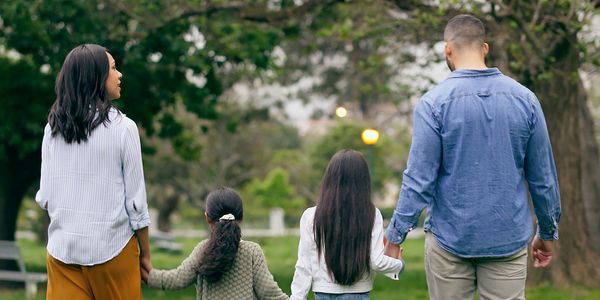Children & Teens

Child Centred Play Therapy
Child-Centred Play Therapy is a way of being with the child that honours their unique developmental level and looks for ways of helping in the “language” of the child – play. Registered Play Therapists therapeutically use play to help usually children ages 3 - 12 years, to better express themselves and resolve problems. Play therapy works best when a safe relationship is created between the therapist and client. The parent, family member, or caretaker is involved in the treatment and attends regular psychoeducation sessions to discuss the child's journey and support needs. You can find out more about Child-Centred Play Therapy from the Australian Psychological Society here.

Filial Therapy
Filial Therapy (VanFleet) or Child-Parent Relationship Therapy (Bratton & Landreth) are highly effective, empirically-supported intervention integrating family therapy and play therapy to address child and family problems. The Therapist trains the parents as they conduct special child-centered play sessions with their own children (3-12 years), an approach designed to resolve a wide range of presenting problems while strengthening family relationships. You can find out more about VanFleet's modal of Filial Therapy here.

Theraplay®
Theraplay® is an evidence-based dyadic child and family therapy. Developed over 50 years ago, practiced around the world, Theraplay was developed to support healthy child/caregiver attachment. Strong attachment between the child and the important adults in their life has long been believed to be the basis of lifelong good mental health and resilience. Modern brain research and the field of neuroscience have shown that attachment is the way in which children come to understand, trust and thrive. You can find out more about Theraplay® here.

Sandtray Therapy
Sandtray therapy is a form of therapeutic intervention that uses an indoor sand tray and miniature figures (or symbols) to help individuals express and explore their emotions, thoughts, and experiences. This technique is often used in counselling and psychotherapy. Clients have control over the sand worlds, which can help them feel empowered and engaged in their therapeutic process. You can find out more about Sandtray Therapy here.








